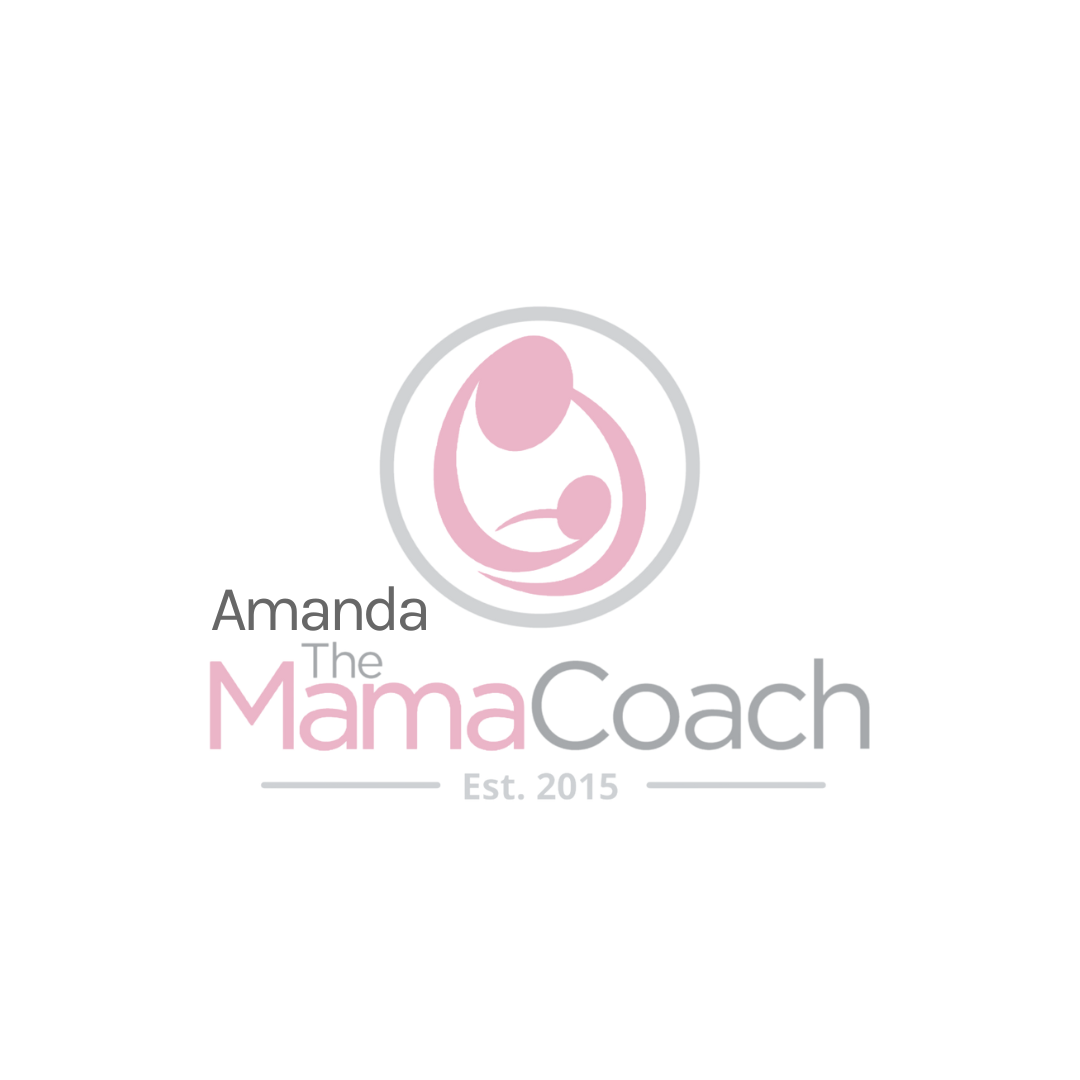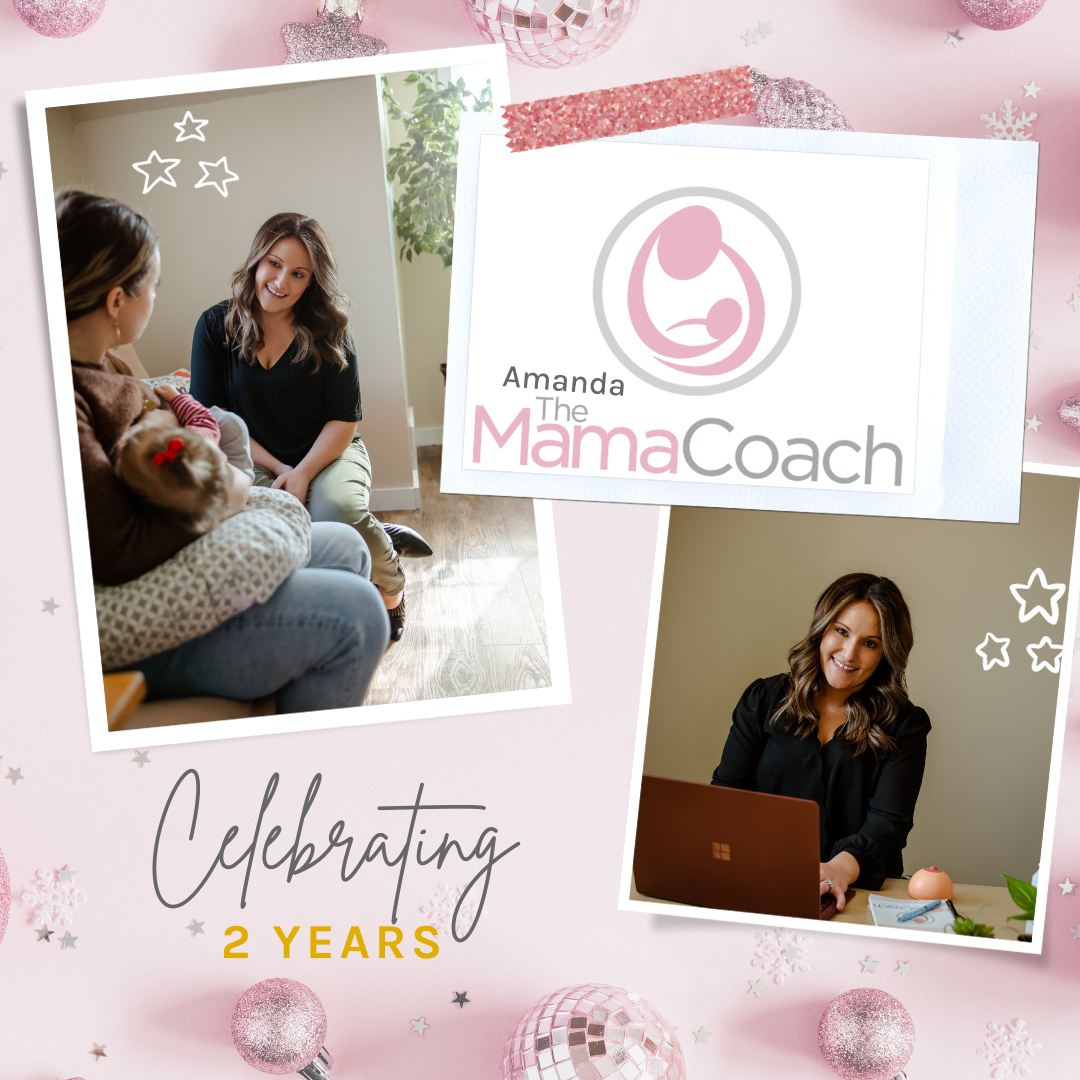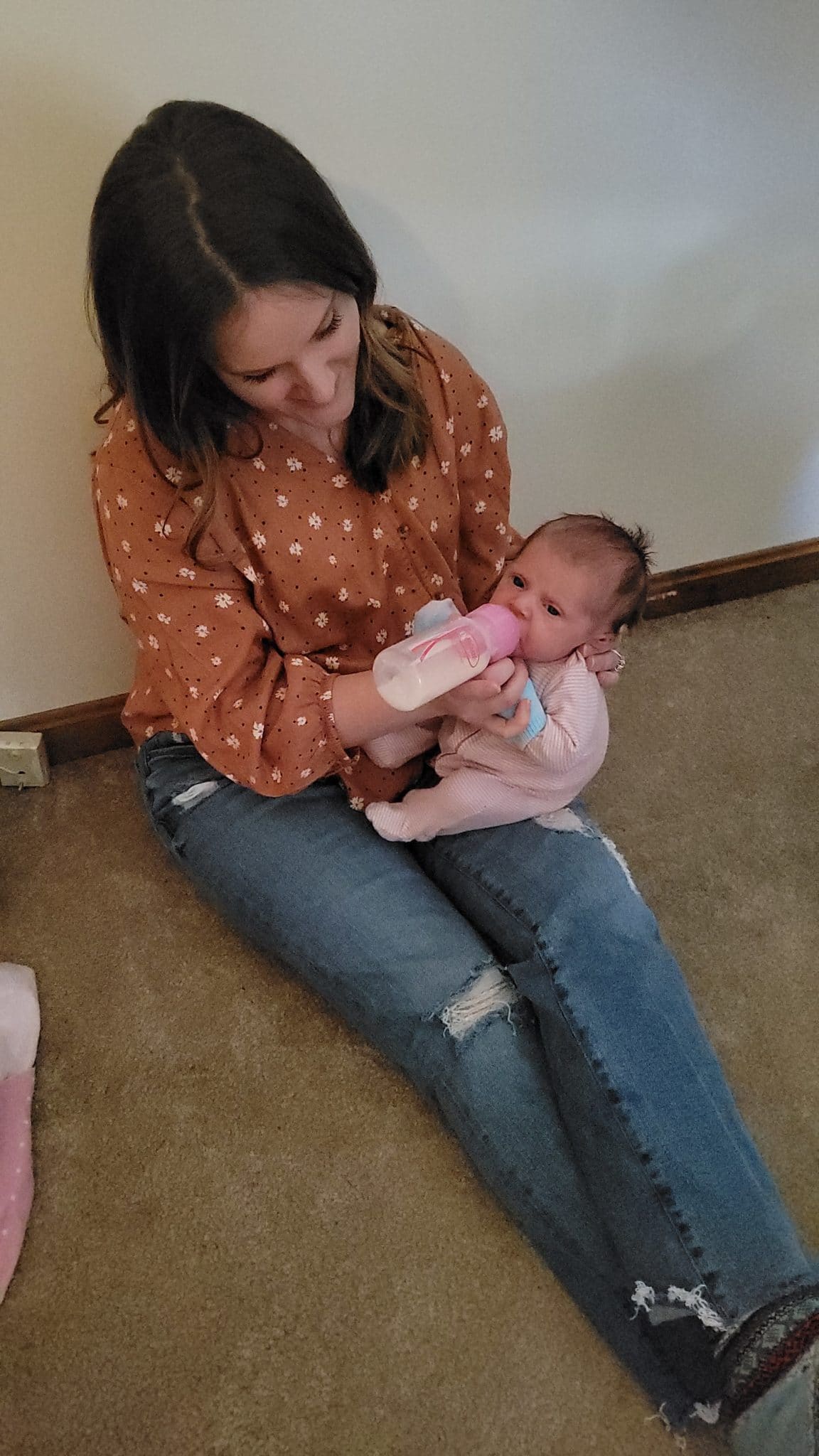Babies are born with an instinctual motivation to feed, yet despite this, there can be so many barriers to successful breastfeeding. Is it natural? Yes. That doesn’t mean that it is easy, and many breastfeeding mothers have ups and downs along the way. The key is to know what to expect and to get help when you need it! Read on to find out more on Common Breastfeeding Struggles.
Baby isn’t Latching: Despite the breast crawl and their natural instinct to feed, some babies take a while before they actually latch onto the breast and effectively feed. There are many reasons a baby may not latch such as exhaustion from birth, they have weak sucking muscles, anatomy challenges, or they were born premature to name a few. For babies that take a while to actually feed at the breast, the mom who desires to breastfeed is left pumping and feeding her baby her expressed breastmilk or formula until the baby is able to effectively feed at the breast.
Pain or discomfort with feeds
Breastfeeding struggles often start with pain. Breastfeeding should not be painful, though it may be a bit tender while you and your baby are learning. To prevent this you want to make sure you have a proper asymmetrical latch. Some mothers struggle more than others with painful feedings, if this is you please meet with a breastfeeding professional to help you sort through these challenges, you may also benefit from having your baby evaluated for a tongue tie.
Engorgement Engorgement is uncomfortable. Not everyone goes through it, but it is common especially when your milk first “comes in” and transitions from colostrum to mature milk. This typically happens anytime between days 3-5 for a first time mom, but in some instances can take longer. Ice and ibuprofen are great helpers through this stage. You may also feel a bit engorged if your baby starts to sleep longer stretches at night, or if you go a bit longer between feeds than normal.
Under or Over Supply. Everyone has different breast storage capacities. This meaning we all can hold different volumes of milk. The goal is always to be able to successfully provide enough food for your baby. Typically a woman’s body does a great job regulating to what her baby needs!
Some women have smaller breast storage capacities and despite nursing, and pumping their bodies just don’t make enough milk. Things like PCOS, hypothyroidism, infertility, and breast reduction surgery are all risk factors for having a lower milk supply. This can be so stressful and exhausting for a mom working to increase her supply to meet her babies demand. Try not to worry as less then 10% of women have true low milk supply so it is not very common.
Other women deal with the opposite struggle being oversupply. This can cause things like frequent clogged ducts and mastitis. Flu-like symptoms like fever, chills, body aches, nausea, vomiting, fatigue, or breasts that feel tender, warm, or hot to the touch and may appear pink or red are all signs of mastitis.This can be painful to experience, and it is important to reach out to your provider and lactation professional in this instance as you may need treatment with an antibiotic.
Thrush If your nipple itches, burns, cracks, is pink or flaky, or you have shooting pain deep in your breast between feedings, you may have a fungal (yeast) infection called thrush. This infection can also cause white spots on your baby’s cheeks, tongue, and gums. If you do in fact have thrush, then you and your baby would both need treatment so it is important to be assessed.
These are common breastfeeding challenges, but it does not mean that they can’t be overcome with the right support system in place, or that you would necessarily experience them. The more you know ahead of time, the less overwhelming it can feel. If you are struggling Mama, please know you are not alone and that you do not have to feel isolated or unsupported. Having expert, individualized support can truly be a game changer on your breastfeeding journey.
Reach out to me today if you plan to breastfeed or are currently looking for support along your journey! As a Nurse and IBCLC Lactation Consultant I love preparing and supporting families with breastfeeding and often times prenatal and postpartum consultations are covered 100% through your insurance!




